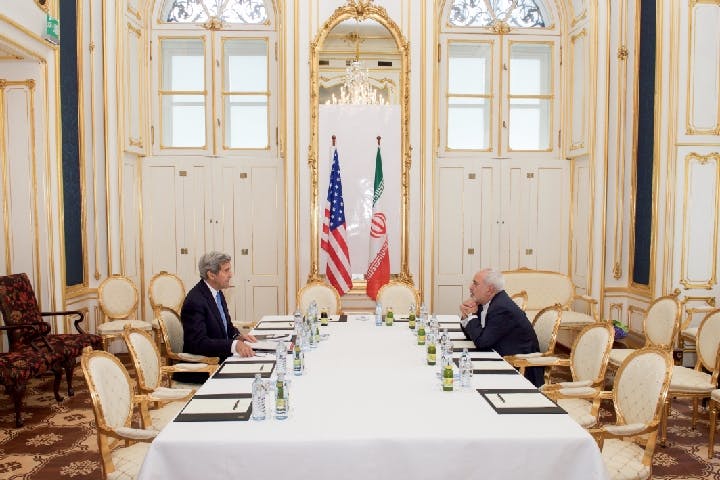Winter 2021
Reverse Engineering
– Dalia Dassa Kaye
Can revival of the nuclear deal with Iran spark a new regional security dialogue?
Are Americans – and U.S. policy makers – tired of the Middle East? Decades of conflict, along with reduced U.S. dependence on its oil, and a growing imperative to turn toward ‘great power competition’ with China and Russia, have reduced the appetite to stay engaged. President-elect Joseph Biden’s nominee for Secretary of State, Antony Blinken, has asserted that the Biden Administration “…would be doing less not more in the Middle East.”
Yet desire does not always align with the demands of the moment. And the Trump administration’s high level of engagement in the region and disruptive policies have left Biden’s team with a transformed landscape. One element of Middle East policy holds the key: the Iran nuclear agreement, or Joint Comprehensive Plan of Action (JCPOA). The Biden team likely will make it a priority. But how that plays out will determine if a “do less” approach is achievable – or even desirable – in the coming four years.
President-elect Biden himself is up front about his intentions. He wants to return to the global nonproliferation agreement accomplished under his watch as Vice President, and restore its core formula: constraints on Iran’s nuclear program in exchange for economic relief. When President Donald Trump came into office, the international consensus was that the deal was working, verified by multiple reports of international inspectors vouching for Iranian compliance.
The Trump administration’s high level of engagement in the region and disruptive policies have left Biden’s team with a transformed landscape
Nonetheless Trump pledged to pull the United States out of what he called the “worst deal” ever negotiated. His top advisors initially sought to keep the U.S. in the agreement but expand its focus to Iran’s troubling regional activity and missile development. It was a position that European allies also favored.
Yet Trump’s determination to keep his vow led to a full U.S. withdrawal from the JCPOA in May 2018. It was replaced by a “maximum pressure” campaign on Iran that drew whole-hearted support from Secretary of State Mike Pompeo, who took over at Foggy Bottom in April 2018 and pursued Trump’s agenda with the zeal of a true believer.
Maximum pressure has crushed the Iranian economy, drastically reducing Iran’s oil exports and its ability to trade globally through a financial system still dominated by the U.S. dollar. And the Trump administration has kept the pressure on with a recent “flood” of new sanctions that go far beyond the nuclear-related sanctions lifted under the JCPOA. The events have occurred in a climate of assassinations of Iranian scientists, sabotage of Iran’s nuclear facilities, and cyber-attacks.
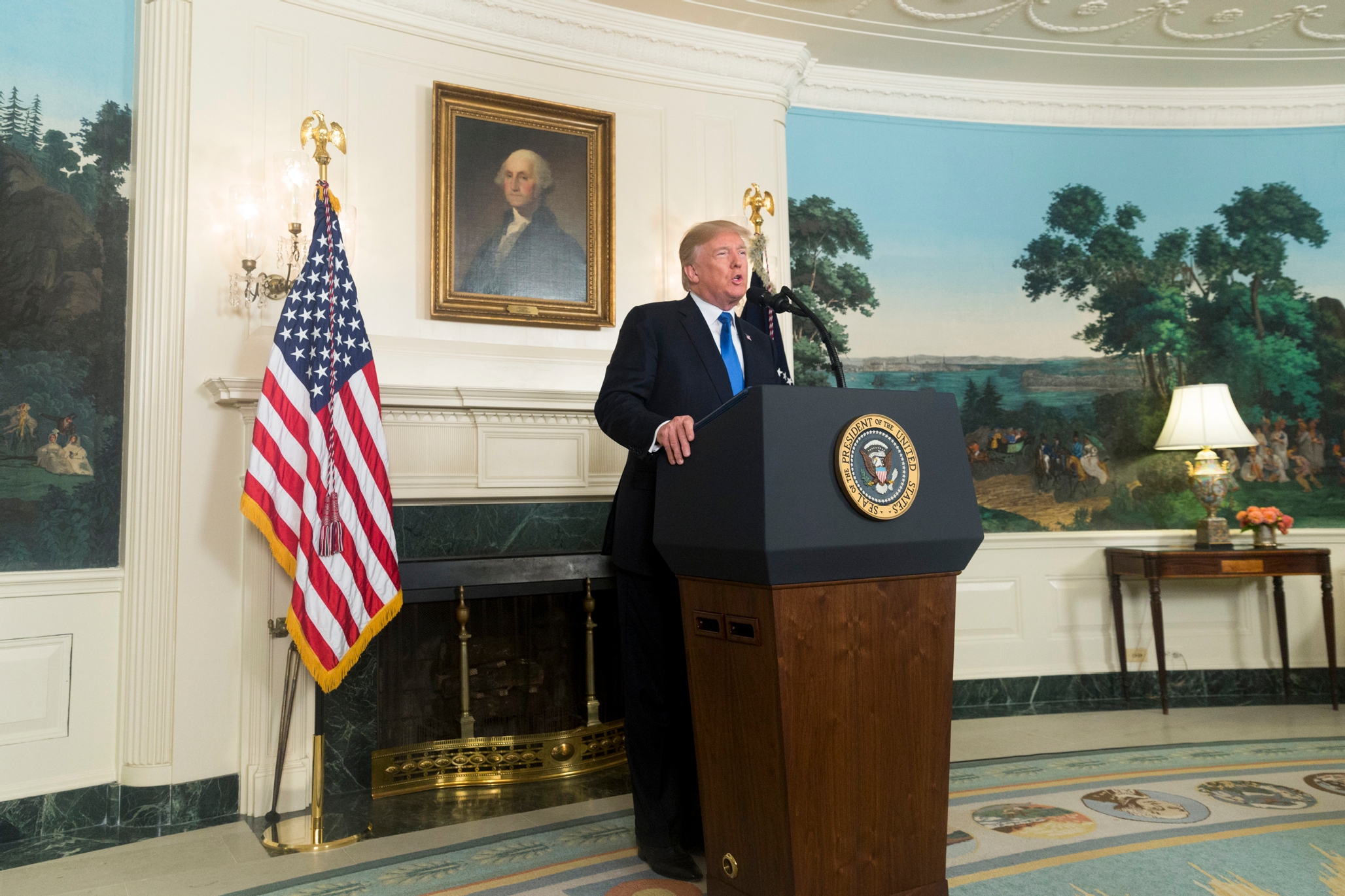
Trump argued maximum pressure would produce a “better” nuclear deal, and reduce dangerous Iranian activity in the region. But after a short-lived period of ‘strategic patience,’ Iran responded to U.S. withdrawal with attacks in the region and backtracking on its JCPOA commitments. These steps – including enriching uranium at 12 times the levels permitted in the deal – are calculated and reversible, but increase the urgency for a return to compliance.
Thus, maximum pressure has bequeathed the Biden administration a region on the brink and a steadily advancing Iranian nuclear program. And diplomacy simply cannot pick up where President Barack Obama left it in 2016. And even if the U.S. and Iran surmount significant obstacles to renewed diplomacy, regional pushback may place stumbling blocks on reviving the JCPOA.
Despite a stated desire to do less, the Biden administration may find that jump-starting sustainable regional dialogue to de-escalate conflict to be essential. And as difficult as the road ahead may be, among the greatest payoffs of a revived nuclear deal may be discovering opportunities for a regional agenda for stability.
Compliance and Confidence
The JCPOA was announced on July 14, 2015 by the United States, Russia, China, France, the United Kingdom, Germany and the European Union, and endorsed by the UN Security Council. After years of difficult negotiations, the agreement committed Iran to a number of nuclear-related limits in exchange for the lifting of international sanctions. A key plank involved critical reductions in Iran’s nuclear enrichment levels and stockpiles to prevent the conversion of its civilian nuclear program into weapons grade capabilities. Intrusive inspections were required to guarantee Iran would not cheat. Some restrictions in the JCPOA would sunset within 10 to 15 years. Others, including monitoring and verification measures, extend up to 25 years or are permanent.
There are many good reasons to return to the agreement – and an immediate diplomatic win-win situation may be the clearest one. This is especially true since both the United States and Iran have pressing domestic priorities, and neither side is eager for all out conflict.
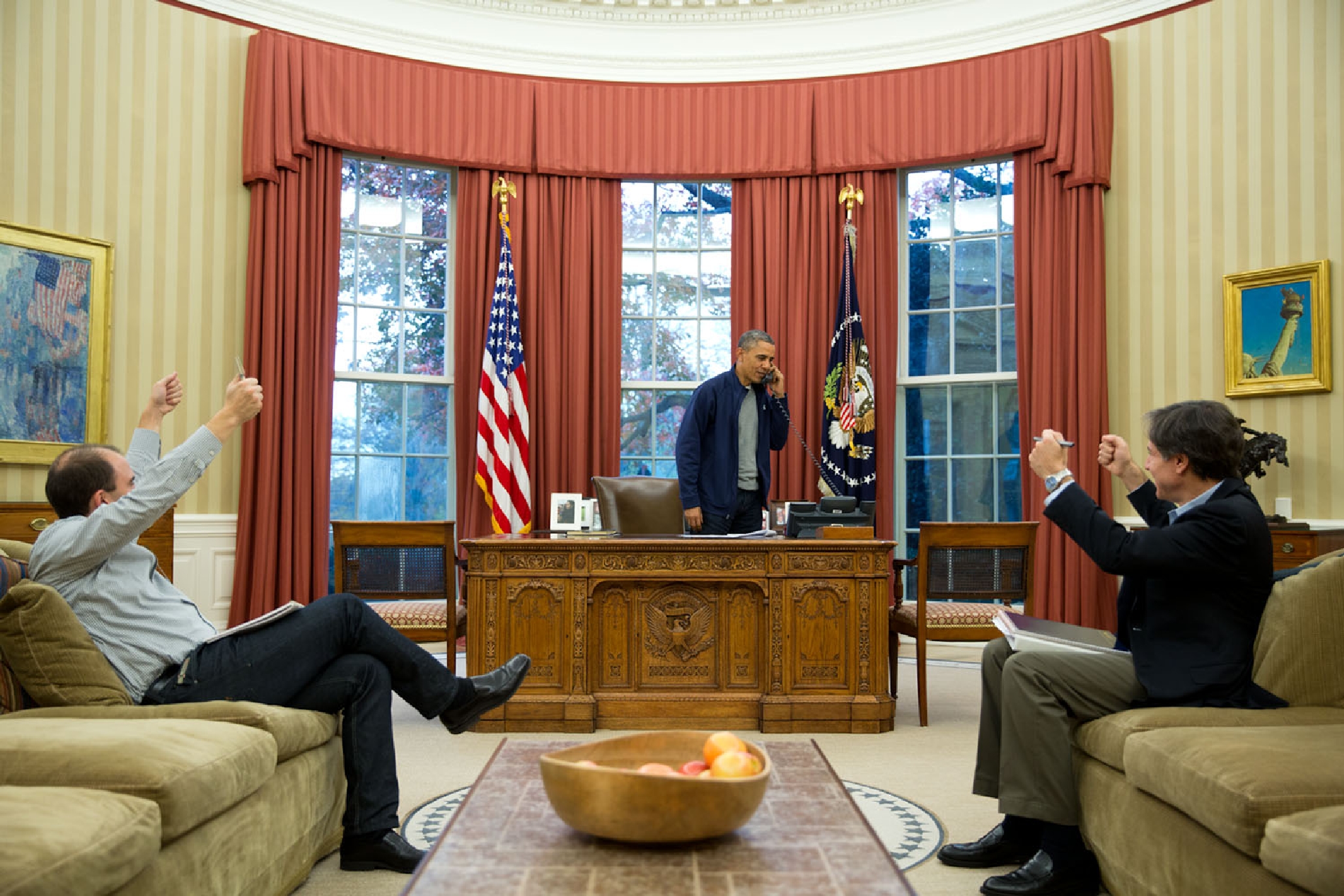
President-elect Biden has stated his intention to lift nuclear-related sanctions reimposed by President Trump if Iran returns to strict compliance. Matching compliance with compliance will also be a starting point to work with allies to strengthen and extend the nuclear deal and address other issues of greatest concern to U.S. regional partners, including Iran’s precision guided missiles and support for militant groups in Iraq, Yemen, Syria and Lebanon.
Biden doubled down on this potential approach in late November, arguing that the American priority was once again controlling Iran’s nuclear program to avoid a destabilizing “buildup of nuclear capability” throughout the region.
There are many good reasons to return to the agreement – and an immediate diplomatic win-win situation may be the clearest one.
Initial steps may build confidence for further negotiation. Biden has expressed his concern about sanctions impeding Iran’s ability to deal with the COVID-19 pandemic, noting that while humanitarian exceptions are in place, “..in practice, most governments and organizations are too concerned about running afoul of U.S. sanctions to offer assistance.”
Biden’s proposed pandemic-related initiatives would protect the export of humanitarian goods to Iran. Taken together with his pledge to lift Trump’s travel ban, Biden’s measures may create a conducive climate for nuclear talks. Politically feasible steps like removing U.S. hurdles to IMF assistance could also boost both the Iranian economy and prospects for diplomacy.
Best of all for the Biden administration, an initial return to the JCPOA can technically be accomplished without contentious politics. The Democratic Party is more supportive of the nuclear deal than it was in 2015, having seen the damage caused by withdrawal. And while Biden likely will not lift sanctions not covered by the JCPOA (including those related to terrorism or human rights abuses), most of Trump’s nuclear-related sanctions can be reversed through Executive Orders and do not require congressional review. New agreements may require congressional approval, and Biden would no doubt seek bipartisan support to make them more sustainable.
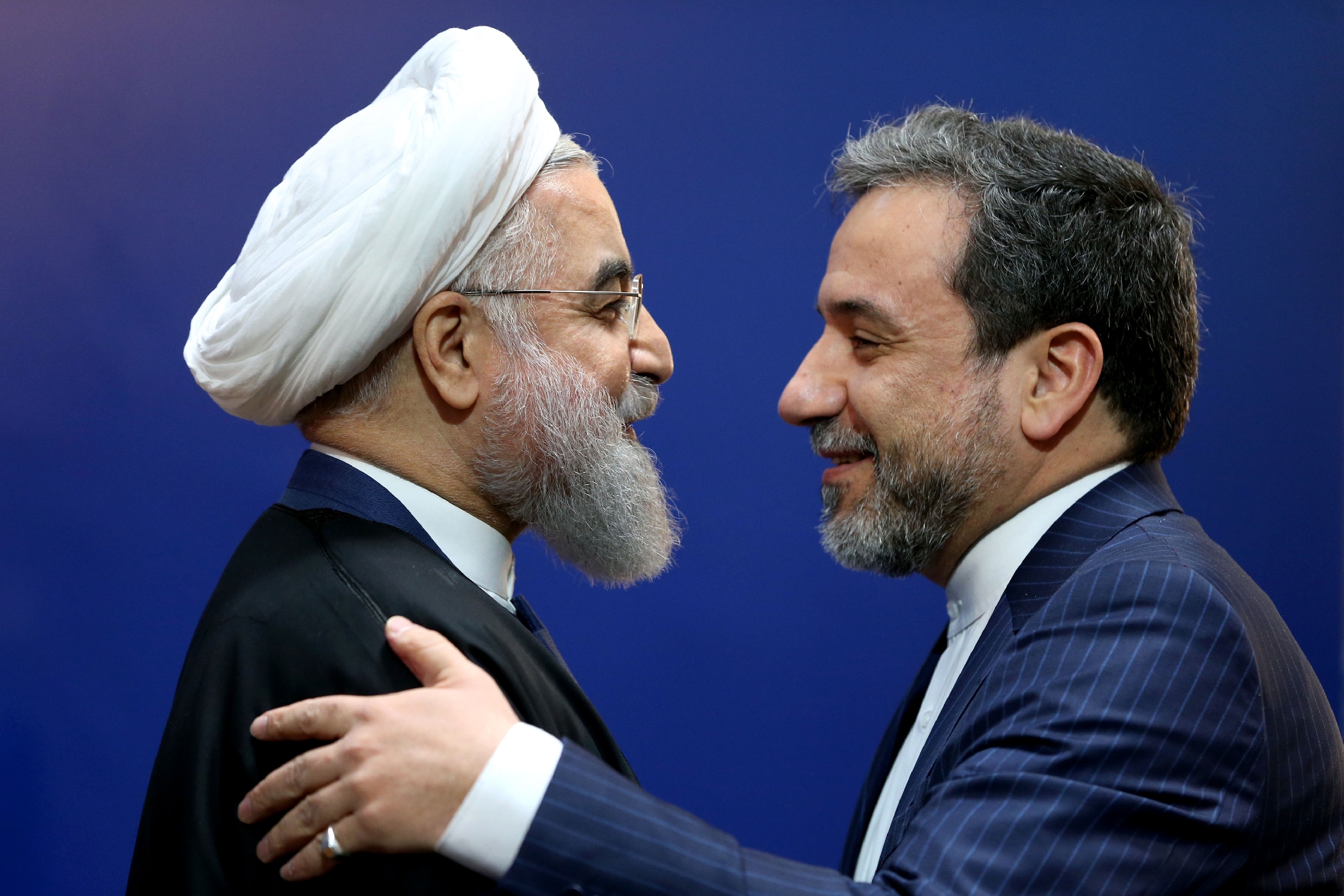
On Iran’s side, President Rouhani also has stated his support for a mutual return to the JCPOA. He has suggested that compensation claims for losses incurred since the U.S. withdrawal would not be a precondition. While Iran’s Supreme Leader Ayatollah Ali Khamenei makes the final call, Iran’s decision to remain in the agreement even after the U.S. withdrawal indicates that they still see value in salvaging it.
Iranian leaders prioritize sanctions relief, particularly given the pandemic’s worsening impact on an already grim economic outlook. A revived JCPOA would likely be popular among Iranians if genuine economic relief follows from it. And defiance in response to positive gestures by a new U.S. president could reinforce Iran’s international isolation and create further disenchantment with the Islamic Republic at home.
That no icebreaking sessions would be necessary is advantageous. The Iranian and American teams know each other, and already broke the taboo of talking at the same table. European allies will help negotiate a mutual return timeline and draw on the International Atomic Energy Agency (IAEA) to verify Iranian compliance. If there is political will on both sides to return to the agreement, creative diplomacy can solve process issues.
Status Quo and Stalemates
Seeing a quick and feasible path to renew the JCPOA sparks optimism. But the barriers to both nations taking that path are numerous and significant.
Both countries’ mindset in revisiting the JCPOA is essential. Each side may think it has more leverage than may actually be the case, creating a false sense of confidence that may stall progress on necessary compliance steps. And half-measures may be self-defeating. Arrangements that fail to restore the full terms of the JCPOA risk further regional military escalation and continued Iranian advances in its nuclear program.
Politics will also play a part. Lifting sanctions is likely to be an unpopular move in a divided U.S. Congress. And Iranian actions during the compliance window (executions of dissidents, or crackdowns on domestic protests) may compel the Biden administration and its European allies to slow any return to the deal.
Best of all for the Biden administration, an initial return to the JCPOA can technically be accomplished without contentious politics.
An array of other global and domestic priorities may also stymie progress. Difficult or distracting negotiations may push Biden to muddle through with a sub-optimal arrangement, such as a temporary freeze on additional Iranian nuclear enrichment in exchange for partial sanctions relief in humanitarian areas.
Iran’s calculations are also unclear, despite Rouhani’s stated desire to return to the deal. Hardliners in that nation’s parliament reacted to what Iranians believe was an Israeli assassination of its top nuclear scientist Mohsen Fakhrizadeh in November by passing a bill calling for further increases in nuclear enrichment to pre-deal levels and a blockade on nuclear inspections if sanctions are not lifted.
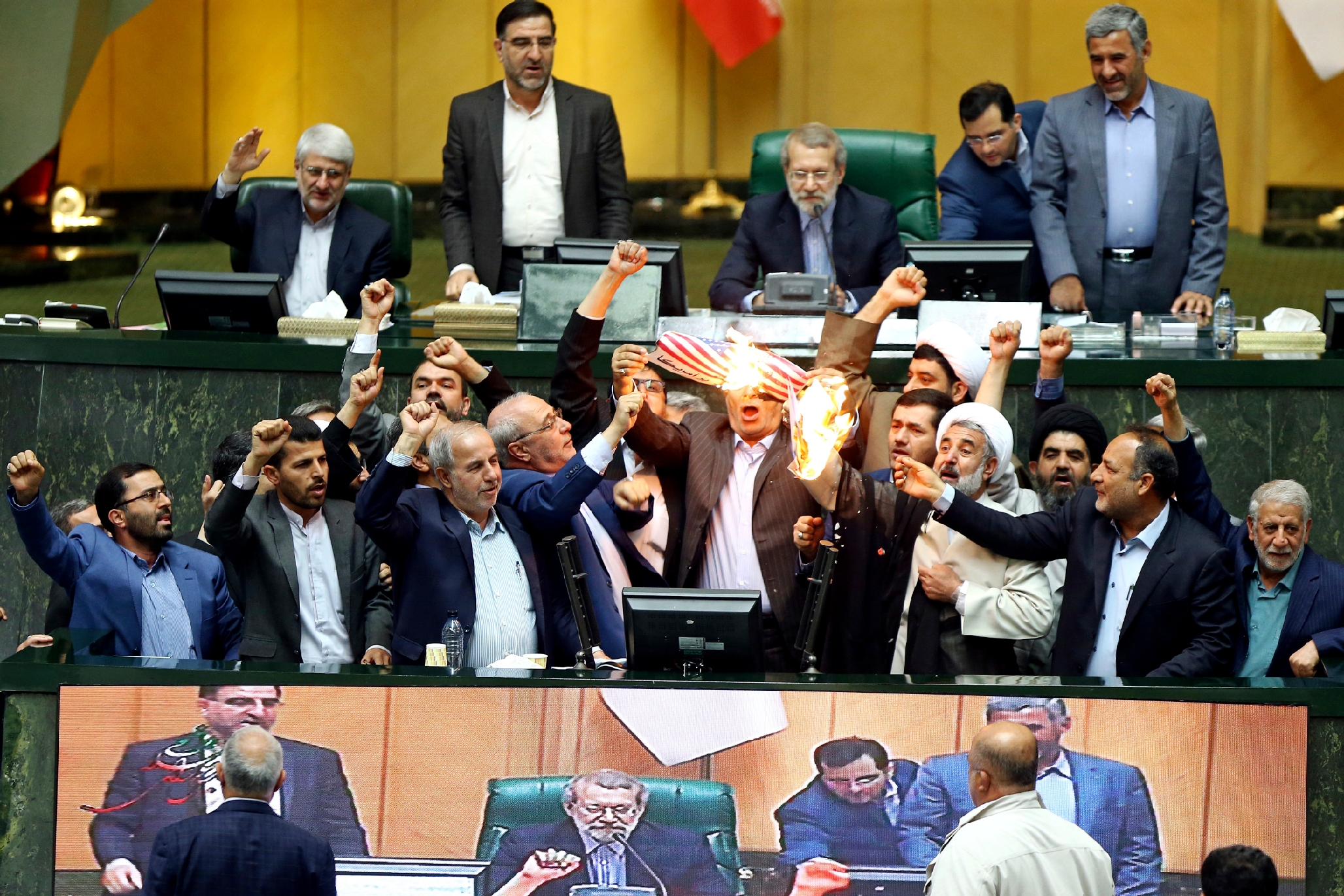
President Rouhani opposed this move, and Iran’s system allows for flexibility to override laws. But it was a powerful signal that domestic power plays could scuttle talks. Meanwhile, Iran announced in early January that it returned to 20 percent enrichment levels at an underground nuclear facility. And while Rouhani says that Iran will not fall into an Israeli trap designed to provoke a retaliation, the weeks following the Fakhrizadeh assassination did see Iranian cyber-attacks against Israeli firms. Continued tit-for-tat attacks could further dampen trust between the U. S. and Iran.
Mindset is a factor in another way as well. The West has acted as if Iran eagerly desires a return to the JCPOA, but that may not be so. The Trump years engendered Iranian distrust not just of the United States but also European parties. Some in Iran view Europe’s response to Trump’s withdrawal as tepid, if not appeasement. Europe’s inability to resist the maximum pressure campaign, and allow companies to invest in Iran in the face of U.S. secondary sanctions, have frustrated Iranian leaders.
Thus, Iranian negotiators may approach renewed diplomacy with ‘maximum caution’ given the high levels of mistrust, and uncertainty about whether the United States, or its European allies, will follow through on commitments. And because Iran continues to diversify its economic relationships, including with China, the card of sanctions relief may not be as enticing as the West believes.
The West has acted as if Iran eagerly desires a return to the JCPOA, but that may not be so.
Iranian hardliners may also take a dim view of the political victory a revived agreement will hand to Rouhani ahead of Iran’s June 2021 presidential elections. Some within this camp, who seem to be on the ascent, may resist any return to the JCPOA, regardless of the timing. In their view, confrontation with the United States is a vital interest, and the U.S. withdrawal from the JCPOA is seen as a vindication of their case.
The Supreme Leader is attempting to execute a balancing act. He is hedging on any notions of a quick return after Biden’s win, arguing that he does not expect a new administration to be any less confrontational than previous American governments. At the same time, he did signal an openness to revive the deal if sanctions were lifted.
A Neighborhood Row?
Even if the United States and Iran overcome their difficulties regarding the JCPOA, America’s closest regional partners will almost certainly resist. Israel and Arab Gulf monarchies like Saudi Arabia opposed the JCPOA from the beginning. Netanyahu’s public efforts to derail the agreement in 2015, including an address to the U.S. Congress, ultimately failed.
Some in Israel’s security establishment even found value in the agreement initially. But President Trump’s commitment to scrap it made any adjustment Israelis and others made to the reality of the JCPOA fleeting. They enthusiastically embraced both Trump’s withdrawal and his maximum pressure policies. Netanyahu’s early expression of opposition to a U.S. return to the JCPOA under Biden thus comes as no surprise.
Being on the regional front lines means that Arab Gulf nations must take a nuanced view. The Gulf Arab monarchies remain concerned about Iran’s interventions across the region, and are not likely to embrace the Biden team’s nuclear-first approach. They will expect a new administration to actively consult with them and take their regional concerns into account. Yet the Iranian attacks on oil tankers and infrastructure in the summer of 2019 alarmed these countries. Some states (most notably the UAE) reached out to Iran for maritime security talks and other high-level meetings. The UAE and Bahrain even condemned the Fakhrizadeh assassination, urging a policy of stability.
That said, the November assassination demonstrated that Israel will continue to express its opposition to renewed negotiations with more than words. Israel has a history of targeting Iranian scientists and nuclear facilities to prevent what many Israelis view as an existential threat. Yet its decision to move ahead with an assassination of a nuclear scientist within Iran (as most accounts believe to be the case) during a U.S. presidential transition was interpreted by many as the first salvo in efforts to impede Biden’s efforts to rejoin the deal.
Indeed, the pushback from Israel to renewed negotiations may be stronger than it was in 2015. Opposition to the JCPOA is now widespread across the political spectrum in Israel, bridging previous divisions within Israel’s political and security communities about how to approach Iran and the nuclear agreement. With new concerns about Iranian missile development and sunset clauses of the JCPOA five years closer now, resistance to a U.S. return comes even from those who initially supported it.
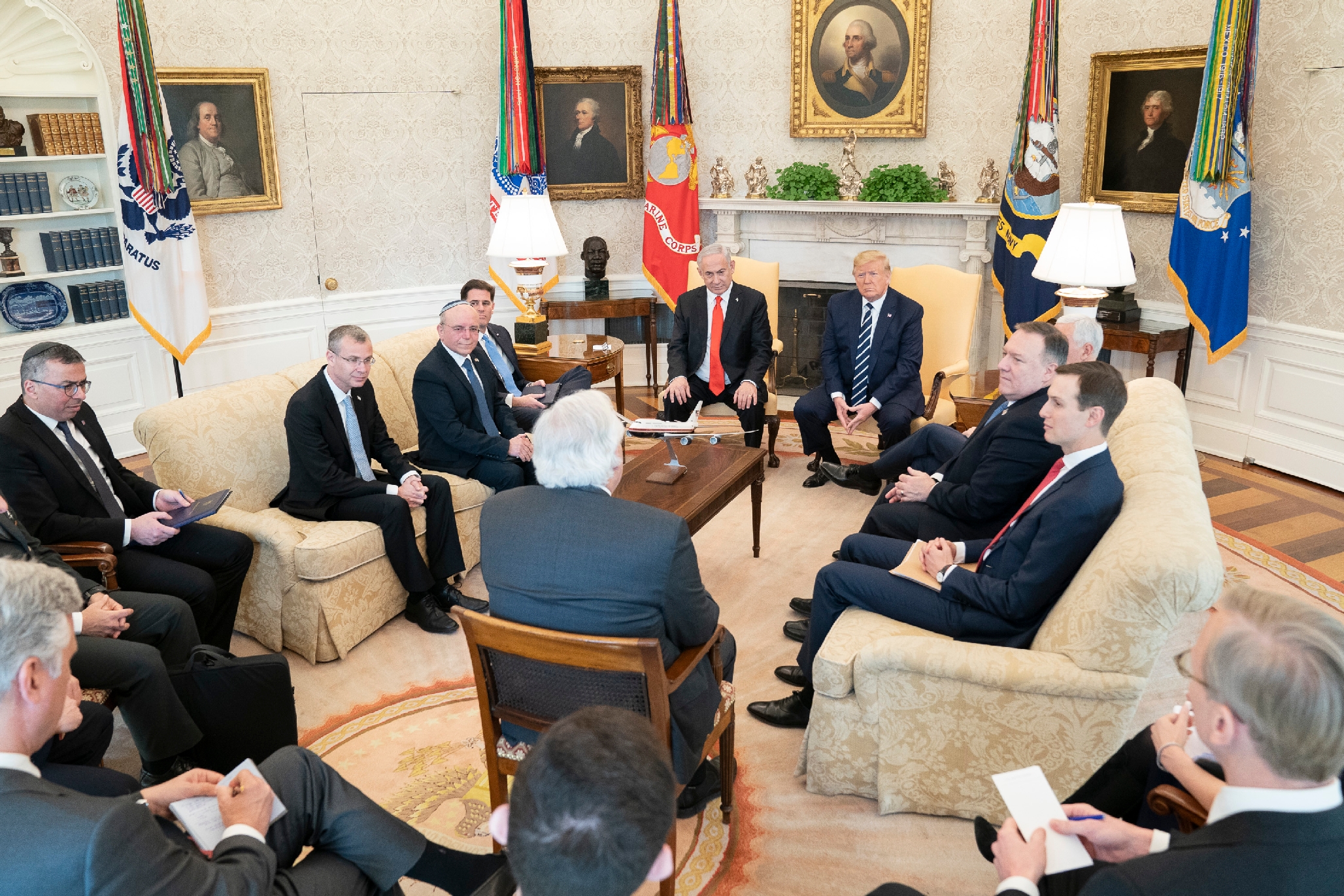
The Israeli reading of events in the past five years constitutes a very different narrative than that held by the Biden team. Most Israeli leaders view the JCPOA as catastrophic, emboldening Iranian support for regional proxies and enabling expansion of its missile program. They see both the U.S. withdrawal and maximum pressure policies as effective, and U.S. actions (such as the killing of IRGC head Qasem Soleimani) as restoring deterrence with minimal fallout.
Israel’s normalization agreements with several Arab states also have reinforced its belief that time (and the region) are on its side in creating a united front against Iran. And even if Arab state calculations about these agreements are more complex, Israel sees widespread regional concerns about Iran and these new and closer ties as support for its case against renewed U.S. engagement with Iran.
Opposition to the JCPOA is now widespread across the political spectrum in Israel, bridging previous divisions within Israel’s political and security communities.
By contrast, Biden favors diplomatic approaches to dealing with the Iran challenge, and views the JCPOA as a successful international agreement that constrained Iran’s nuclear program. His team believes Trump’s withdrawal from the JCPOA isolated the United States, rather than Iran. The result has been further destabilization in the region, including attacks on American forces in Iraq, as well as Iranian backtracking on its nuclear commitments.
The Biden administration will no doubt try to avoid open confrontation with Israel. The President-elect’s campaign advisors are counseling active consultation, and a focus on the common goal of preventing a nuclear-armed Iran. But Israeli actions on the ground tell a different story. Unless Iran makes things easy by walking away from negotiations or resuming its own attacks, tensions between Israel and a new U.S. administration may be difficult to avoid.
Beyond The Nuclear Deal: A Regional Security Dialogue
Restoring the JCPOA and opening the door to the follow-on agreements that are common in other arms control agreements (such as strengthening its terms and lengthening sunset clauses) won’t be enough. The experiences of the past several years underscore how nuclear diplomacy alone cannot be a substitute for regional conflict resolution.
The conflicts that embroiled the region back in 2015—in Syria, Iraq, Yemen and Libya—have left humanitarian wreckage and a region awash in destabilizing weaponry and militias. They also have intensified regional fissures between and within states. A growing consensus is emerging that the region is in dire need of viable regional forums for dialogue and conflict management.
The investment necessary to curtail the Iranian nuclear program may deprive the incoming administration of the bandwidth to lead a major initiative along the lines of what the United States undertook with the Madrid peace conference in the early 1990’s. But it can support multilateral initiatives led by other global and regional players to reduce tensions.
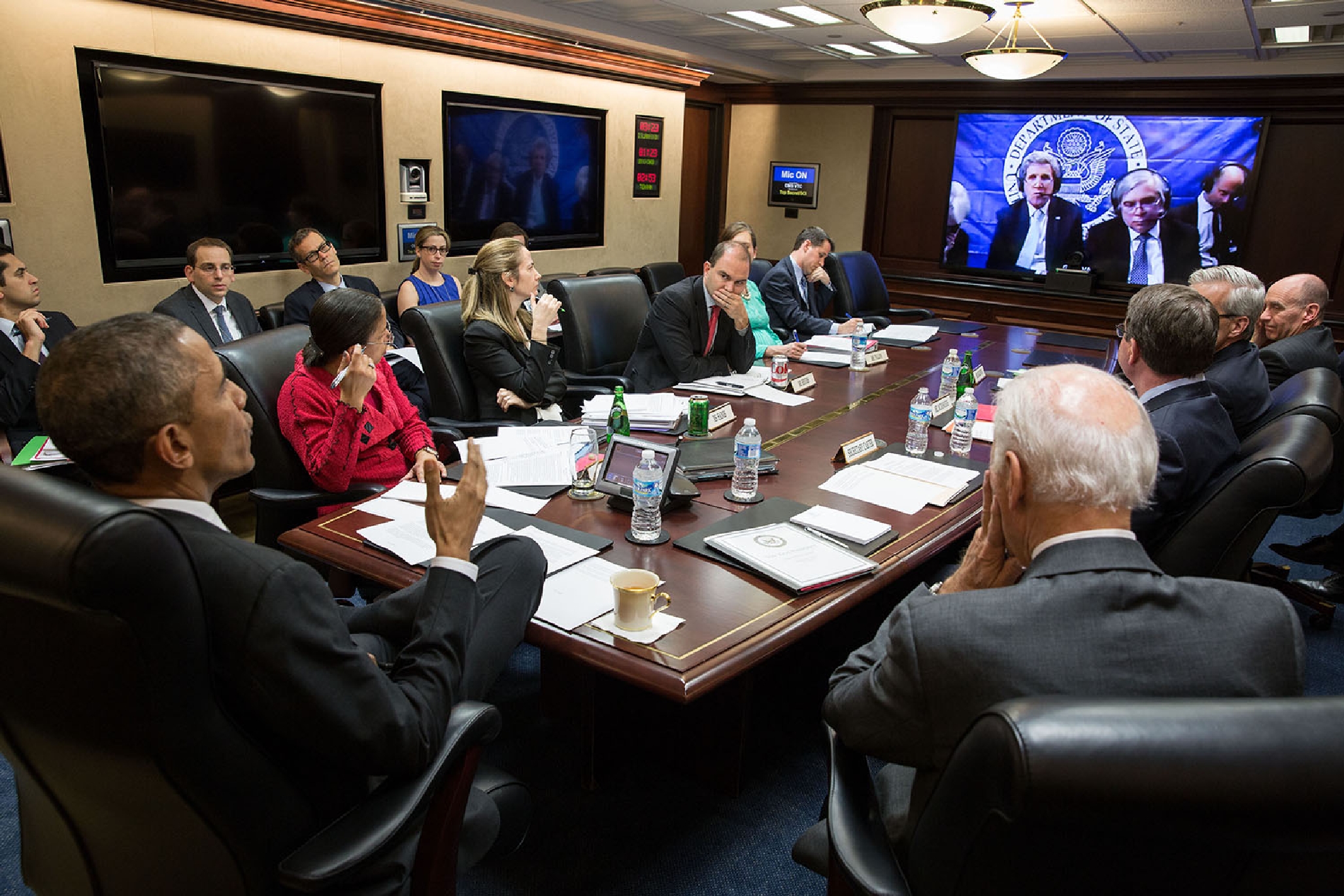
The concept of an OSCE-like inclusive regional security forum for the Middle East was a much-discussed idea after the Madrid conference. It was even included in the Israel-Jordan peace accord. Senior Biden advisors have proposed similar ideas and this framework even is mentioned in Trump’s now defunct peace plan.
The momentum for such a body is encouraging. Iran proposed its own version in 2019, the Hormuz Peace Endeavor, though its vision of regional security would exclude an American presence in the region. Arab Gulf states are proposing regional dialogues under United Nations auspices. European analysts are suggesting a facilitating role for regional talks between the Gulf monarchies and Iran.
Multiple and parallel regional platforms, launched by different global and regional actors, may be more feasible than one overarching institution in a region as divided as the Middle East is today. If competitive regional blocs are fueling conflict, cooperative multilateral forums can address cross-cutting issues like missile proliferation, militia growth, and maritime security, as well as common human security challenges like climate change and public health. De-escalation talks on Yemen between Iran and the GCC states may be a good place to start.
In this scenario, a revived JCPOA would open up opportunities for such cooperation. But it will certainly not be enough. People in the region are looking to a new administration in Washington to help build forward, and not merely walk back.
Dalia Dassa Kaye is a 2020-2021 Wilson Center Scholar. She was previously a Senior Political Scientist and Director of the Center for Middle East Public Policy at the RAND Corporation.
Cover Photograph: U.S. Secretary of State John Kerry and Iranian Foreign Minister Javad Zarif meet in the Palais Coburg Blue Salon in Vienna, Austria on July 1, 2015 (U.S. State Department photo)
